Key Terms and Definitions for Modular Homes
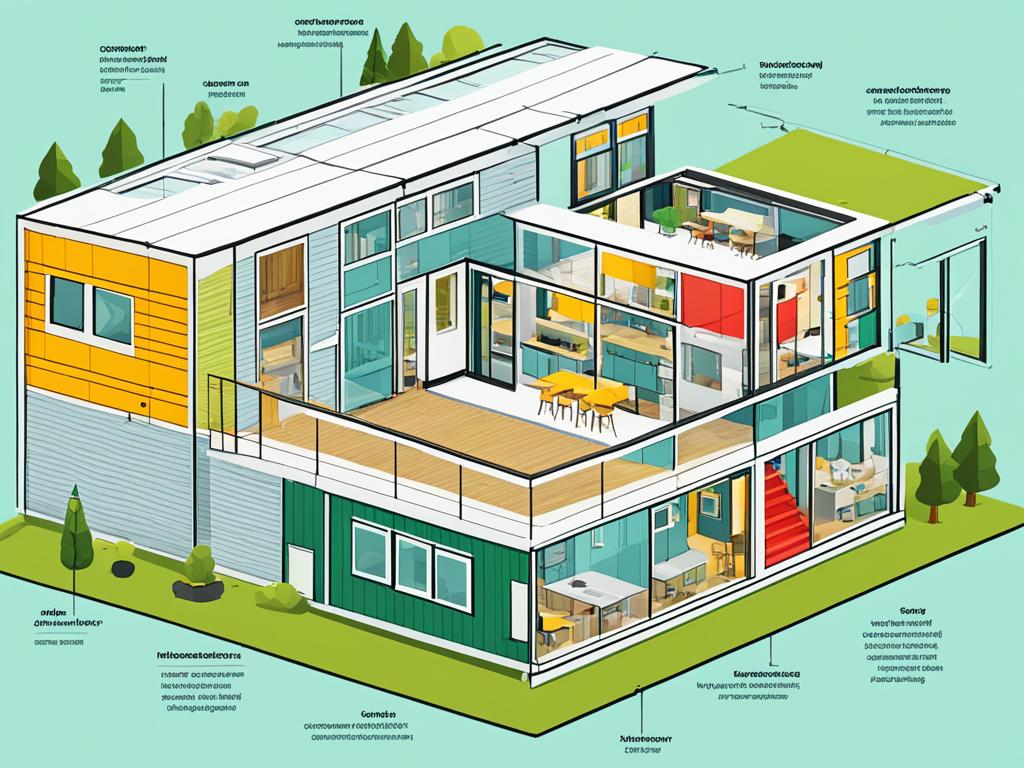
Modular homes, also known as prefab homes, manufactured homes, or prebuilt homes, are factory-built structures that are constructed off-site and transported to the final location for assembly. These homes are made up of individual sections or modules that are built in a controlled environment, providing precise measurements and high-quality construction. They offer a range of benefits, including cost-effectiveness, energy efficiency, and design flexibility. Other terms synonymous with modular homes include factory-built homes, system-built homes, panelized homes, off-site constructed homes, mobile homes, and transportable homes.
Key Takeaways:
- Modular homes, also known as prefab homes or manufactured homes, are factory-built structures that are assembled on-site.
- These homes offer cost-effectiveness, energy efficiency, and design flexibility.
- Modular homes are constructed in controlled environments, ensuring high-quality construction and precise measurements.
- Other terms used to describe modular homes include factory-built homes, system-built homes, panelized homes, off-site constructed homes, mobile homes, and transportable homes.
- Understanding key terms and definitions related to modular homes is important when making informed decisions in the industry.
Building Regulations and Building Control for Modular Homes
When it comes to constructing modular homes in the UK, adherence to building regulations and building control is of utmost importance. Building regulations are a set of standards and guidelines that must be followed to ensure the safety, structural integrity, and health of these homes.
Building regulations approval is obtained from building control bodies in England and Wales, and building standards in Scotland. These approvals guarantee compliance with the Building Act 1984 and the subsequent Building Regulations 2010. They ensure that the policies outlined in the relevant legislation are properly implemented.
By following building regulations and obtaining necessary approvals, builders and homeowners can be confident that their modular homes meet the required standards. These regulations cover various aspects, including fire safety, ventilation, insulation, structural stability, and energy efficiency.
Building control and building standards play a crucial role in maintaining the quality and safety of modular homes. They act as the guardians of construction processes, inspecting and certifying that the homes are built according to the specified regulations and guidelines.
Ensuring compliance with building regulations and obtaining the necessary approvals guarantees that modular homes are constructed to the highest standards, providing peace of mind to both builders and homeowners.
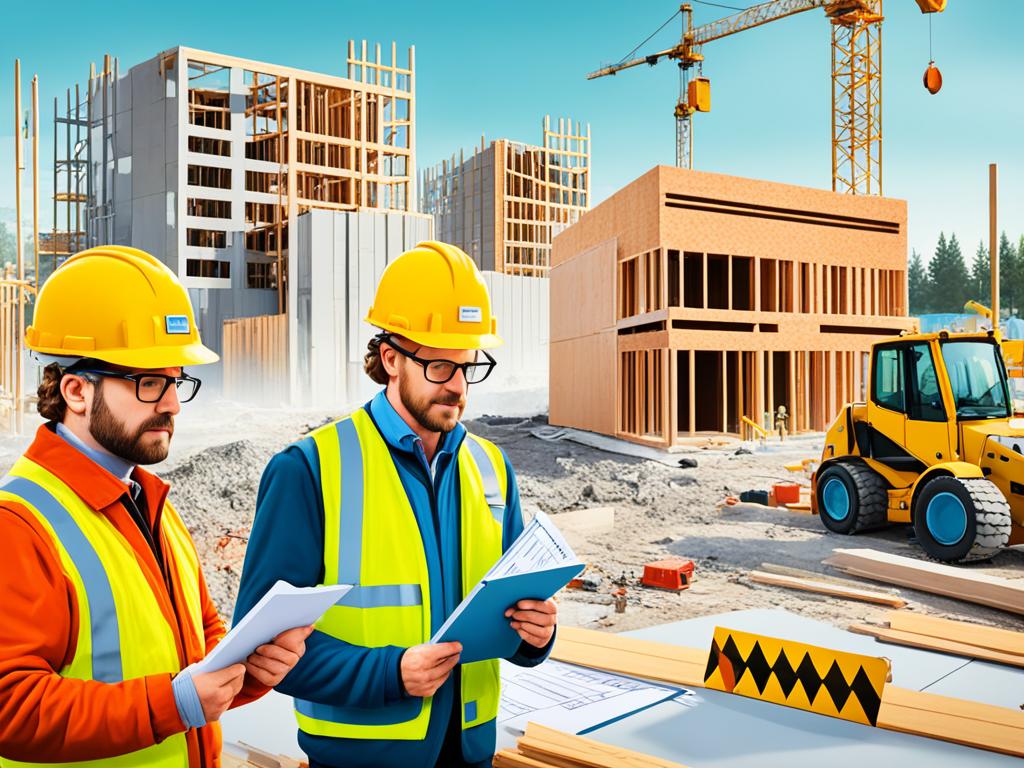
Benefits of Building Control and Regulation Compliance
- Enhanced safety and structural integrity
- Compliance with legal requirements
- Promotes energy efficiency and sustainability
- Protection against substandard construction
Energy Efficiency in Modular Homes
Modular homes are renowned for their energy efficiency, making them a sustainable and economical choice for homeowners. These homes are designed with a focus on reducing energy consumption and minimizing their environmental impact, offering long-term cost savings and benefits for both homeowners and the planet.
Many modular homes meet the stringent Energy Star standards set by the U.S. government for manufactured home builders. These Energy Star manufactured homes are constructed with features that promote energy efficiency, such as high-quality insulation and energy-efficient windows. These elements work together to maintain a consistent internal temperature and reduce heating and electricity bills.
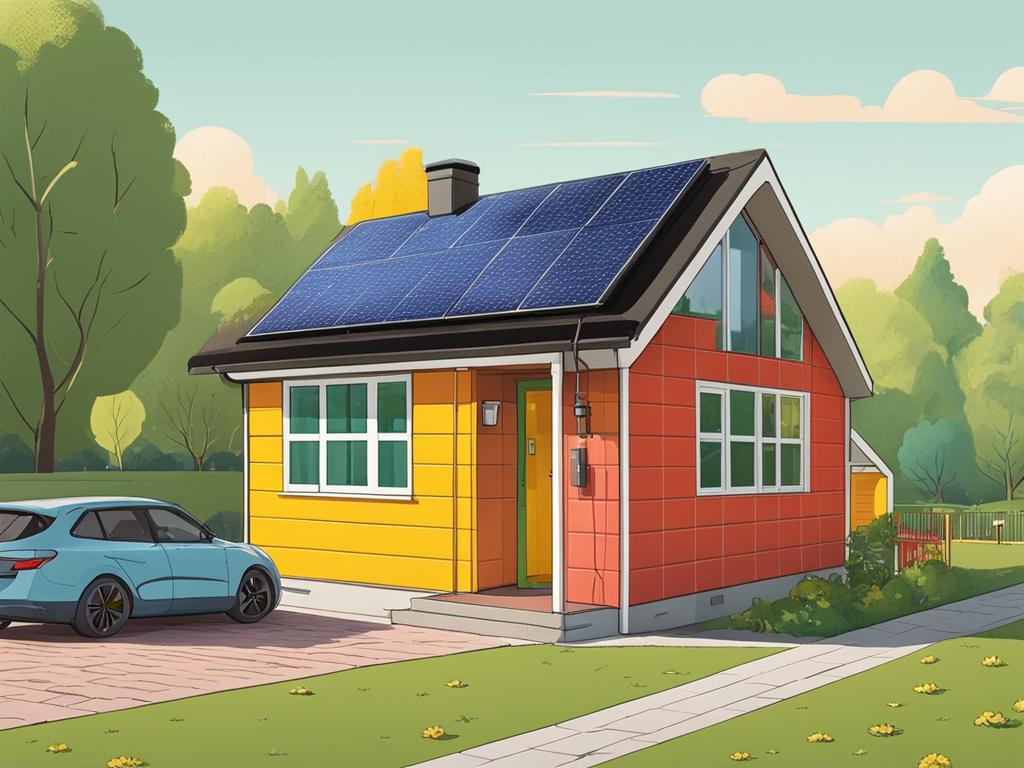
With their superior insulation and efficient windows, Energy Star manufactured homes keep unwanted heat out during warm weather, while retaining warmth during cold spells. This enables homeowners to enjoy optimal indoor comfort throughout the year, regardless of external temperatures.
By choosing an energy-efficient modular home, homeowners can not only reduce their carbon footprint but also lower their energy expenses. The energy-efficient features of these homes contribute to significant savings on heating, cooling, and electricity bills in the long run.
Overall, energy efficiency is a key advantage of modular homes. They offer a sustainable and economical housing option for environmentally conscious individuals while providing financial benefits to homeowners through reduced energy consumption and utility bills.
The HUD Code and Manufactured Homes
The HUD Code, officially known as the Manufactured Home Construction and Safety Standards, was established in 1976 by the U.S. Department of Housing and Urban Development (HUD). This code sets strict regulations for the construction of manufactured homes, ensuring they meet the highest standards of quality, safety, and durability.
The HUD Code covers various areas, including fire resistance, energy efficiency, plumbing, and electricity. By adhering to these regulations, manufactured homes provide homeowners with peace of mind, knowing that their home has been constructed to meet rigorous safety standards.
One of the key elements of the HUD Code is the certification process. Manufactured homes that meet all the requirements are certified with a small red metal plate called the HUD tag. This tag serves as evidence that the home has been built in compliance with the HUD Code, giving buyers confidence in their investment.
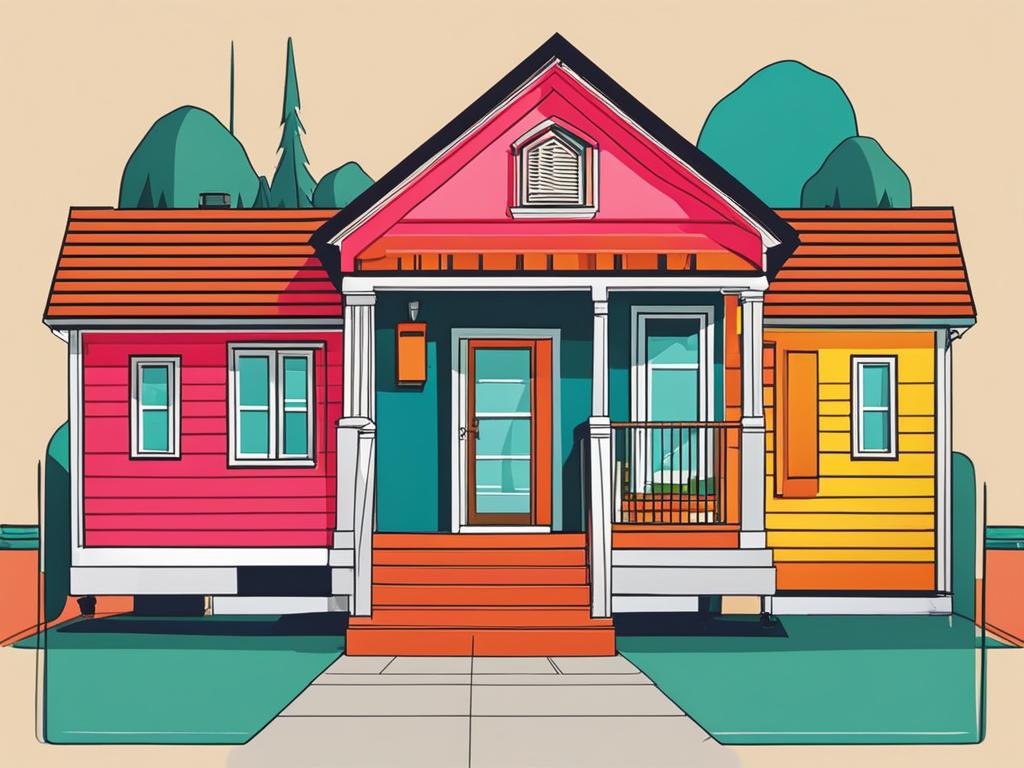
The HUD Code plays a vital role in the manufactured home industry by ensuring that homes are constructed using quality materials and techniques. It provides reassurance to homeowners that their manufactured home is a safe and reliable place to live.
Foundations and Site Preparation for Modular Homes
Modular homes require a solid foundation for proper installation and stability. The type of foundation chosen depends on factors such as soil conditions, budget, and local building codes. Here are some common foundation options for modular homes:
- Permanent Foundations: Permanent foundations, such as basements or slab foundations, provide a secure and durable base for modular homes. Basements offer additional living space and storage, while slab foundations are cost-effective and suitable for flat terrain.
- Pier and Beam Foundations: Pier and beam foundations use concrete blocks or pillars to support the home, with wooden beams providing stability. This type of foundation is ideal for areas with uneven or sloping terrain and allows for easy access to utilities.
- Ribbon Foundations: Ribbon foundations consist of poured concrete strips that form a continuous footing around the perimeter of the home. This foundation type offers stability and can be suitable for various soil conditions.
Before installing a modular home, proper site preparation is crucial. This includes clearing the land of any debris or vegetation that could affect the foundation’s integrity. The site should also be leveled to ensure a stable and even surface for the foundation. Professional groundwork contractors can assess the site and prepare it accordingly.
Having a well-designed and solid foundation is essential for the long-term stability and structural integrity of modular homes. By selecting the appropriate foundation type and ensuring proper site preparation, homeowners can enjoy their modular homes with peace of mind.
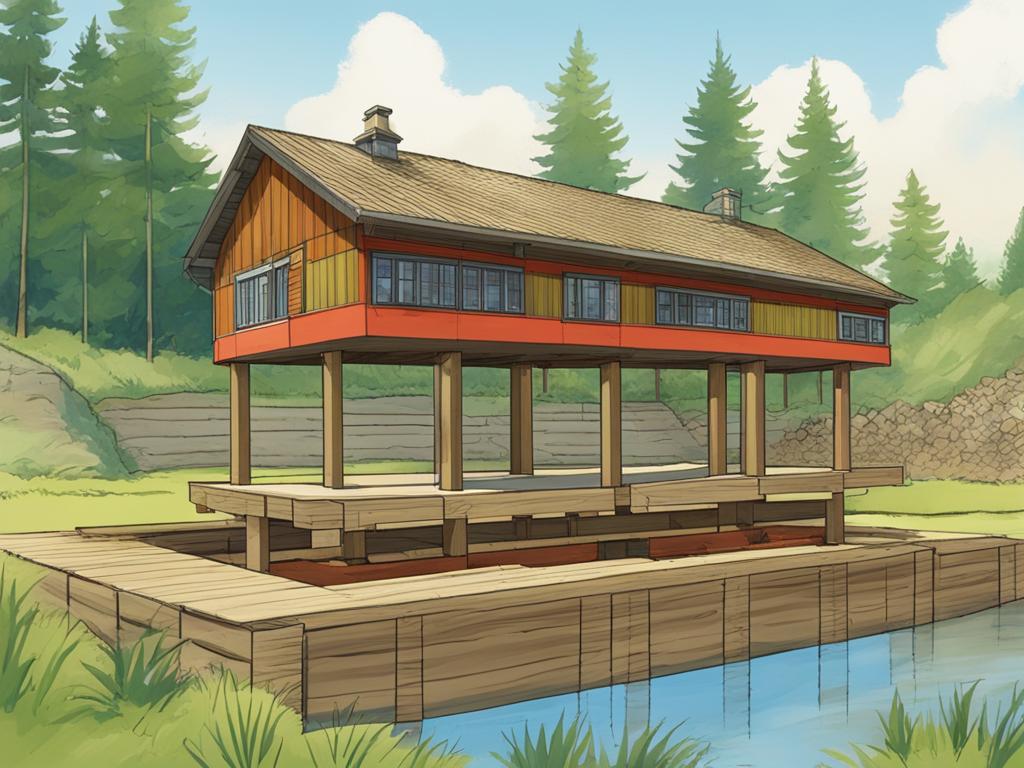
Manufactured Home Communities
In the world of manufactured homes, communities play a vital role in providing a secure and inclusive environment for homeowners. These vibrant communities, sometimes referred to as mobile home parks, consist of multiple lots where manufactured homes are situated, creating a close-knit neighborhood.
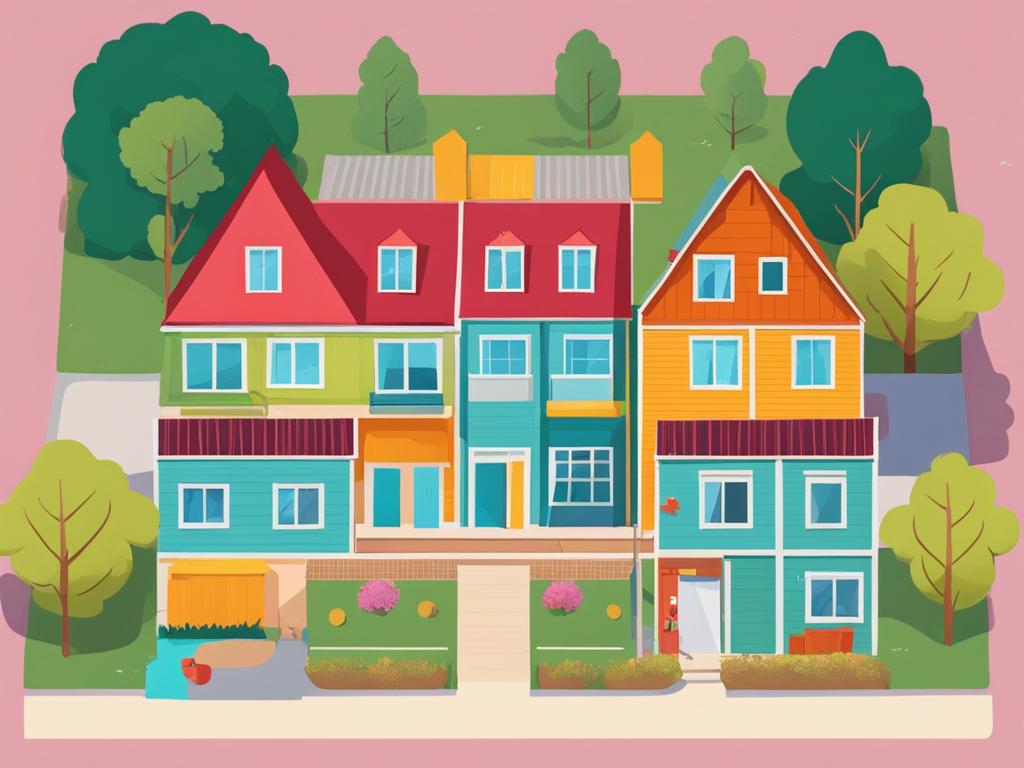
Manufactured home communities offer a range of amenities and services designed to enhance the residents’ quality of life. These may include common areas, recreational facilities, and community events that foster a sense of belonging and create opportunities for social interaction. Additionally, many communities provide services such as lot maintenance and sales coordination, which help simplify the homeownership experience.
One aspect that homeowners in manufactured communities need to consider is the lot rent, which is the monthly payment made to lease the lot on which their home is installed. The lot rent can vary depending on factors such as location and the amenities provided by the community. In some cases, lot rent may also include utilities such as electricity or gas, offering residents a comprehensive package to simplify their monthly expenses.
While most communities operate under a management structure, there are also resident-owned communities available. In these resident-owned communities, homeowners have the opportunity to purchase and own their lots within the community. These communities are typically run as cooperatives, where the residents collectively manage the operations and decision-making processes, ensuring a greater level of control and involvement in the community’s affairs.
Manufactured home communities provide homeowners with a supportive and engaging living environment, fostering a strong sense of community and offering a range of convenient services and amenities. Whether through traditional management structures or resident ownership, these communities provide a safe and welcoming space for individuals and families to enjoy the benefits of manufactured home living.
Conclusion
Understanding the key terms and definitions related to modular homes is essential for homebuyers, sellers, and existing homeowners. The terminology associated with modular homes can be complex, but having a grasp of these terms will help individuals make informed decisions when buying or living in a modular home. From understanding building regulations and energy efficiency criteria to knowing about the HUD Code and foundation options, being knowledgeable about the specific terminology and concepts related to modular homes is crucial for a successful and satisfying experience in the modular home industry.
Modular homes, also known as prefab homes, manufactured homes, or prebuilt homes, offer a range of benefits including cost-effectiveness, energy efficiency, and design flexibility. These homes are factory-built structures constructed off-site and transported to the final location for assembly. Made up of individual sections or modules built in a controlled environment, modular homes provide precise measurements and high-quality construction.
Other terms synonymous with modular homes include factory-built homes, system-built homes, panelized homes, off-site constructed homes, mobile homes, and transportable homes. Having a deep understanding of these key terms and definitions will empower individuals in the modular home industry, enabling them to navigate the process with confidence and make informed decisions throughout their modular home journey.
FAQ
What is a modular home?
A modular home is a factory-built structure that is constructed off-site and transported to the final location for assembly. It is also known as a prefab home, manufactured home, or prebuilt home.
What are some other terms used for modular homes?
Modular homes can also be referred to as factory-built homes, system-built homes, panelized homes, off-site constructed homes, mobile homes, or transportable homes.
What are building regulations?
Building regulations are standards and guidelines that must be followed when constructing certain structures in the UK. They ensure compliance with the Building Act 1984 and subsequent Building Regulations 2010.
What is the role of building control and building standards?
Building control bodies in England and Wales, and building standards in Scotland, grant approvals to ensure that modular homes meet the necessary safety, structural integrity, and health standards.
Are modular homes energy efficient?
Yes, modular homes are known for their energy efficiency. They are designed with a focus on reducing energy consumption and often meet the U.S. government’s Energy Star standards for manufactured home builders.
What is the HUD Code?
The HUD Code, officially known as the Manufactured Home Construction and Safety Standards, establishes regulations for the construction of manufactured homes in the United States. It covers areas such as fire resistance, energy efficiency, plumbing, and electricity.
What types of foundations are used for modular homes?
Modular homes require a solid foundation for proper installation and stability. Common types of foundations include basements, slab foundations, pier and beam foundations, and ribbon foundations.
What are manufactured home communities?
Manufactured home communities, also known as mobile home parks, are collections of lots where manufactured homes are situated. These communities often offer amenities and services such as lot maintenance and sales coordination.
What is lot rent?
Lot rent is the monthly payment made by manufactured homeowners to lease the lot on which their home is installed. It can vary by region and may include utilities such as electricity or gas.
Why is it important to understand key terms and definitions for modular homes?
Understanding key terms and definitions related to modular homes is crucial for making informed decisions when buying, selling, or living in a modular home. It helps ensure compliance with building regulations, energy efficiency standards, and proper site preparation.
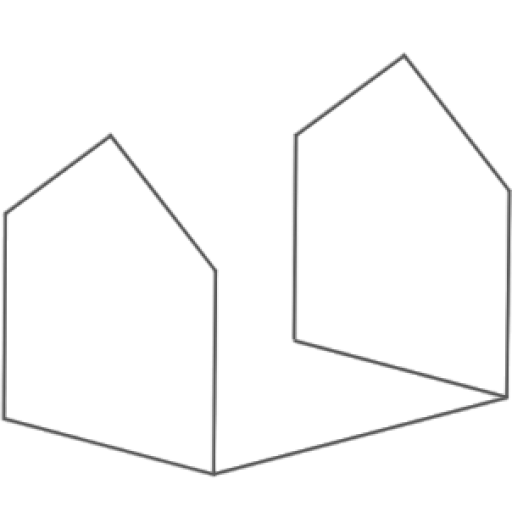
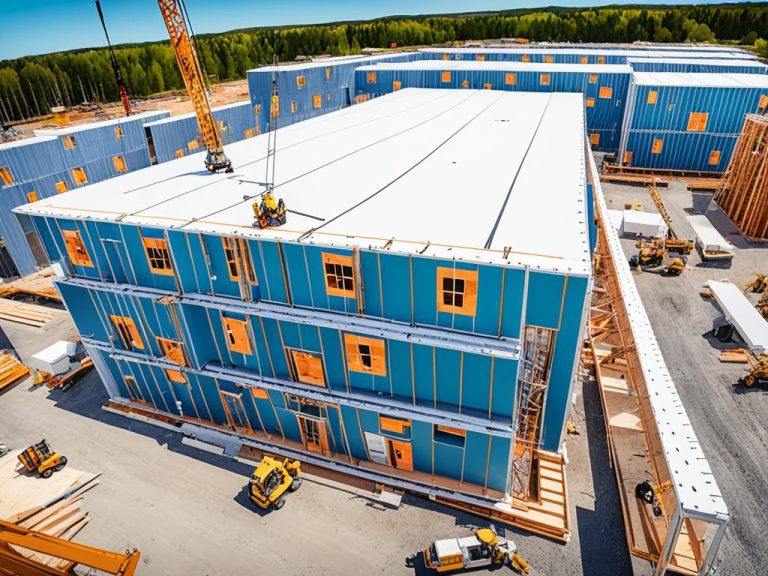
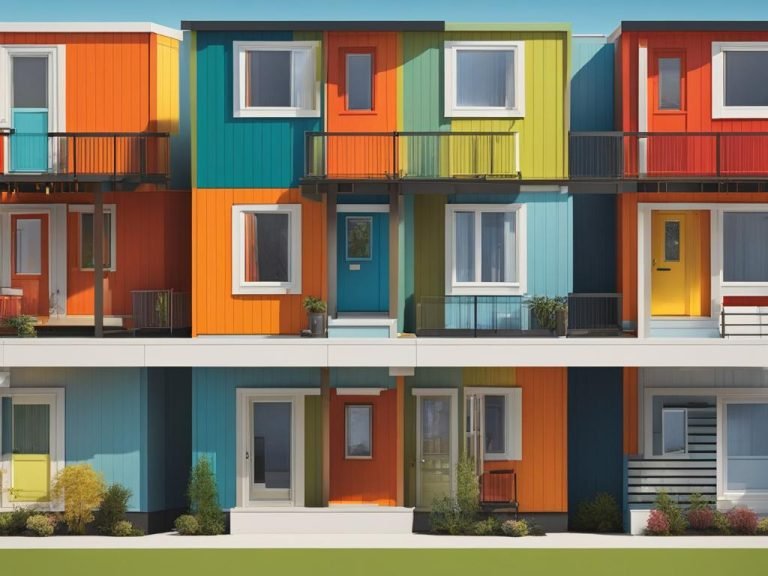
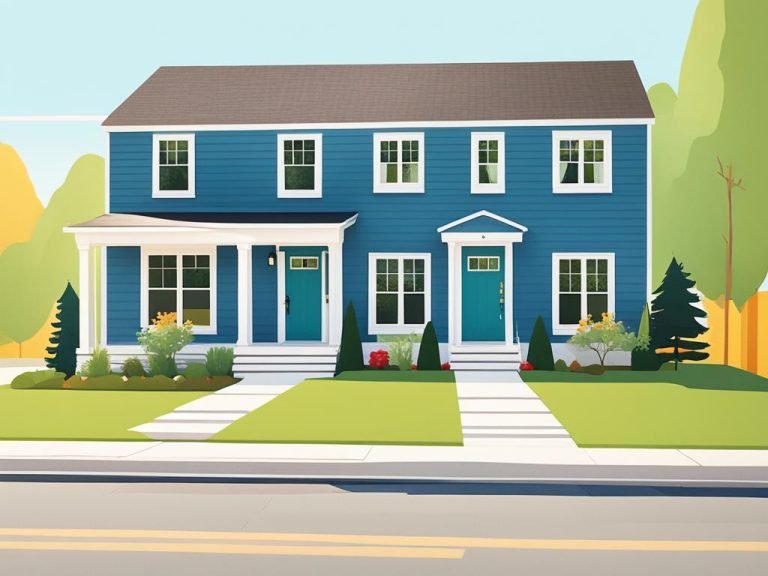

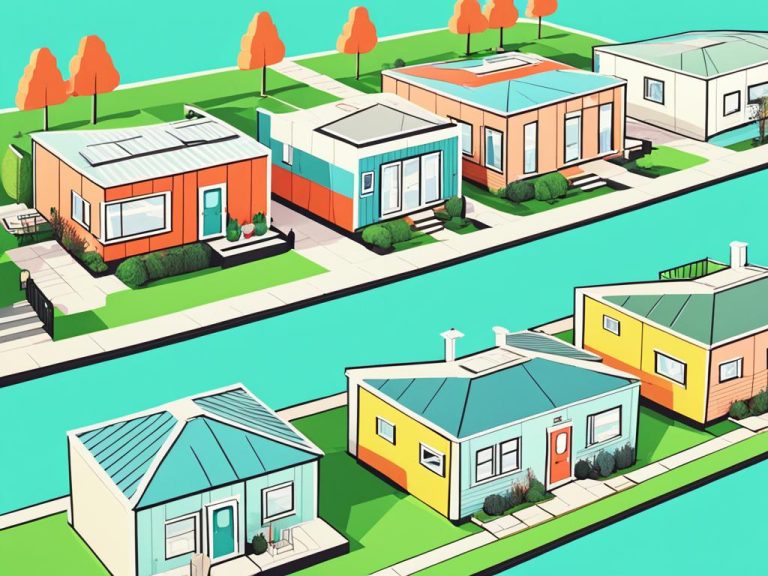
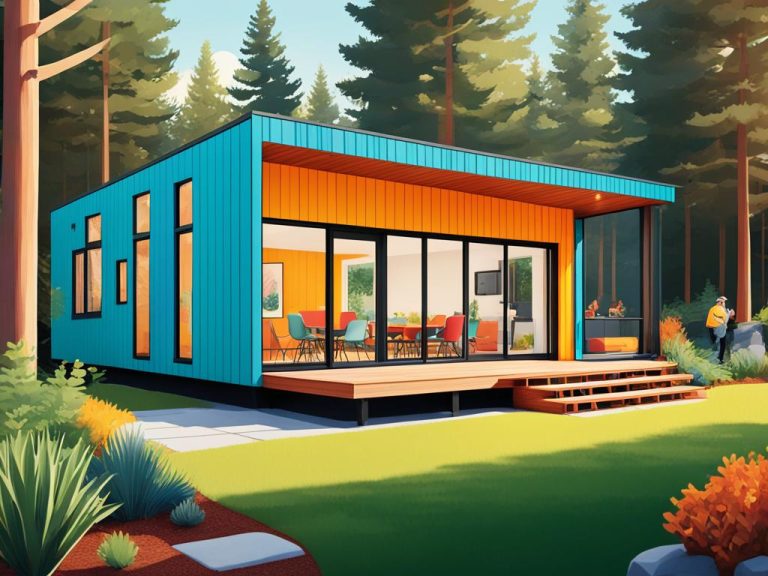
Точно стильные новости индустрии.
Исчерпывающие новости известнейших подуимов.
Модные дома, торговые марки, высокая мода.
Интересное место для стильныех хайпбистов.
https://km-moda.ru/style/525-parajumpers-istoriya-stil-i-assortiment/
Абсолютно стильные новинки мира fashion.
Исчерпывающие новости известнейших подуимов.
Модные дома, торговые марки, высокая мода.
Свежее место для трендовых людей.
https://luxe-moda.ru/chic/356-rick-owens-buntar-v-chernyh-tonah/
Точно стильные новости мира fashion.
Актуальные мероприятия самых влиятельных подуимов.
Модные дома, лейблы, гедонизм.
Лучшее место для трендовых хайпбистов.
https://modastars.ru/
Наиболее стильные новинки подиума.
Все мероприятия мировых подуимов.
Модные дома, лейблы, гедонизм.
Новое место для модных хайпбистов.
https://donnafashion.ru/
Очень важные события подиума.
Все мероприятия мировых подуимов.
Модные дома, лейблы, высокая мода.
Лучшее место для трендовых хайпбистов.
https://mvmedia.ru/novosti/282-vybiraem-puhovik-herno-podrobnyy-gayd/
Абсолютно свежие события мировых подиумов.
Исчерпывающие эвенты всемирных подуимов.
Модные дома, бренды, haute couture.
Интересное место для трендовых хайпбистов.
https://donnafashion.ru/
Наиболее трендовые новости моды.
Исчерпывающие события известнейших подуимов.
Модные дома, бренды, высокая мода.
Новое место для стильныех хайпбистов.
https://lecoupon.ru/
Can you be more specific about the content of your article? After reading it, I still have some doubts. Hope you can help me.